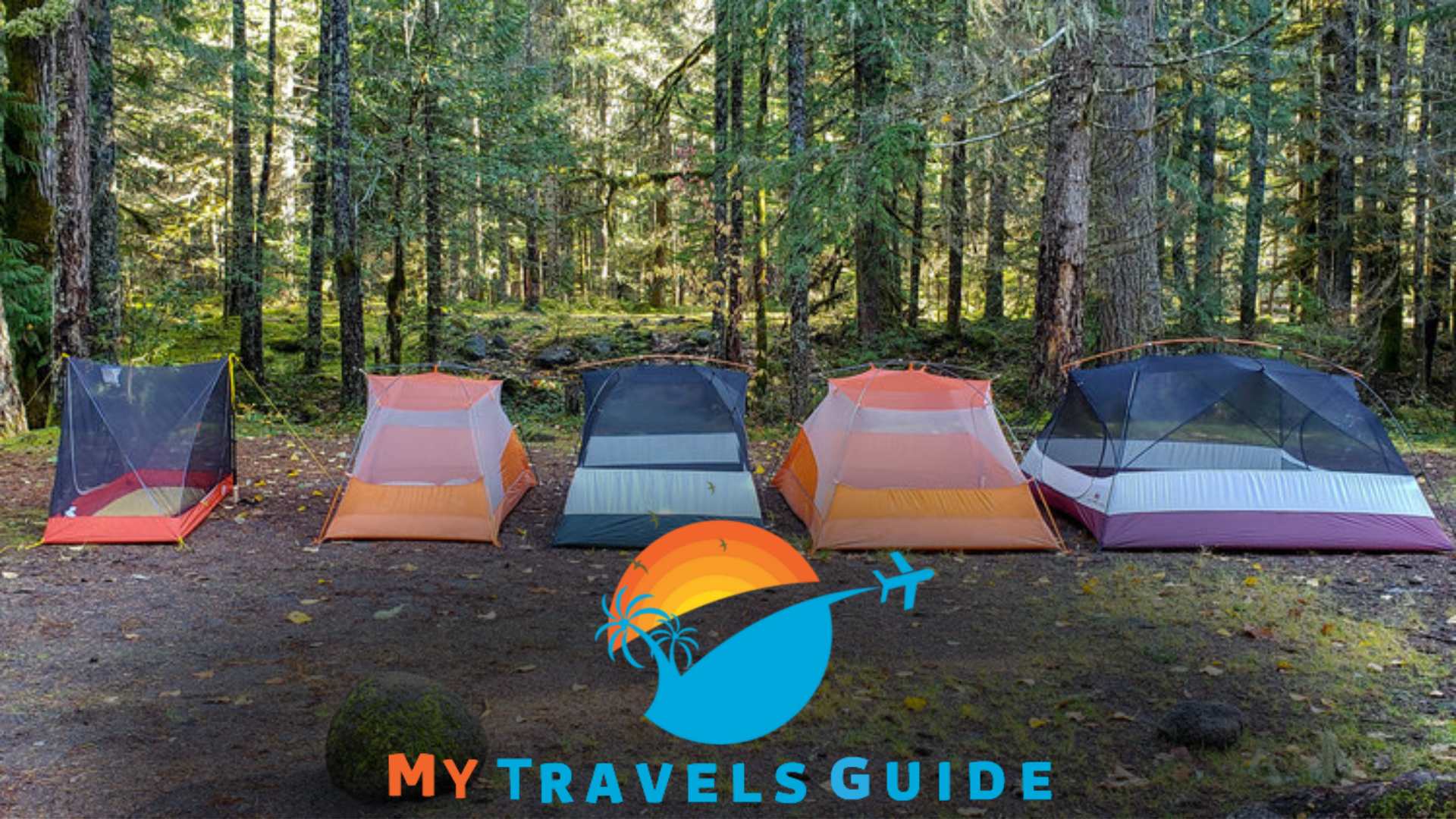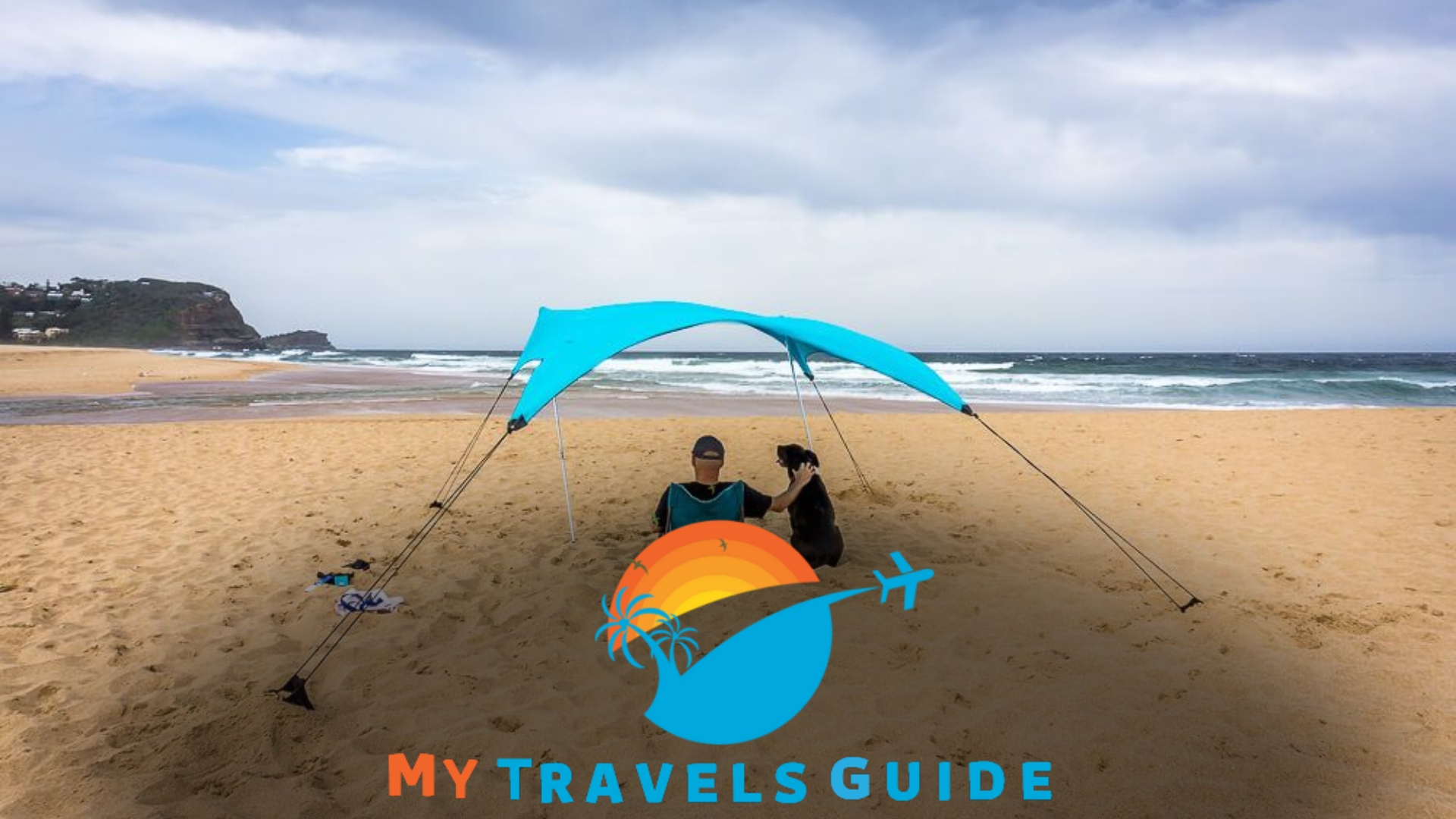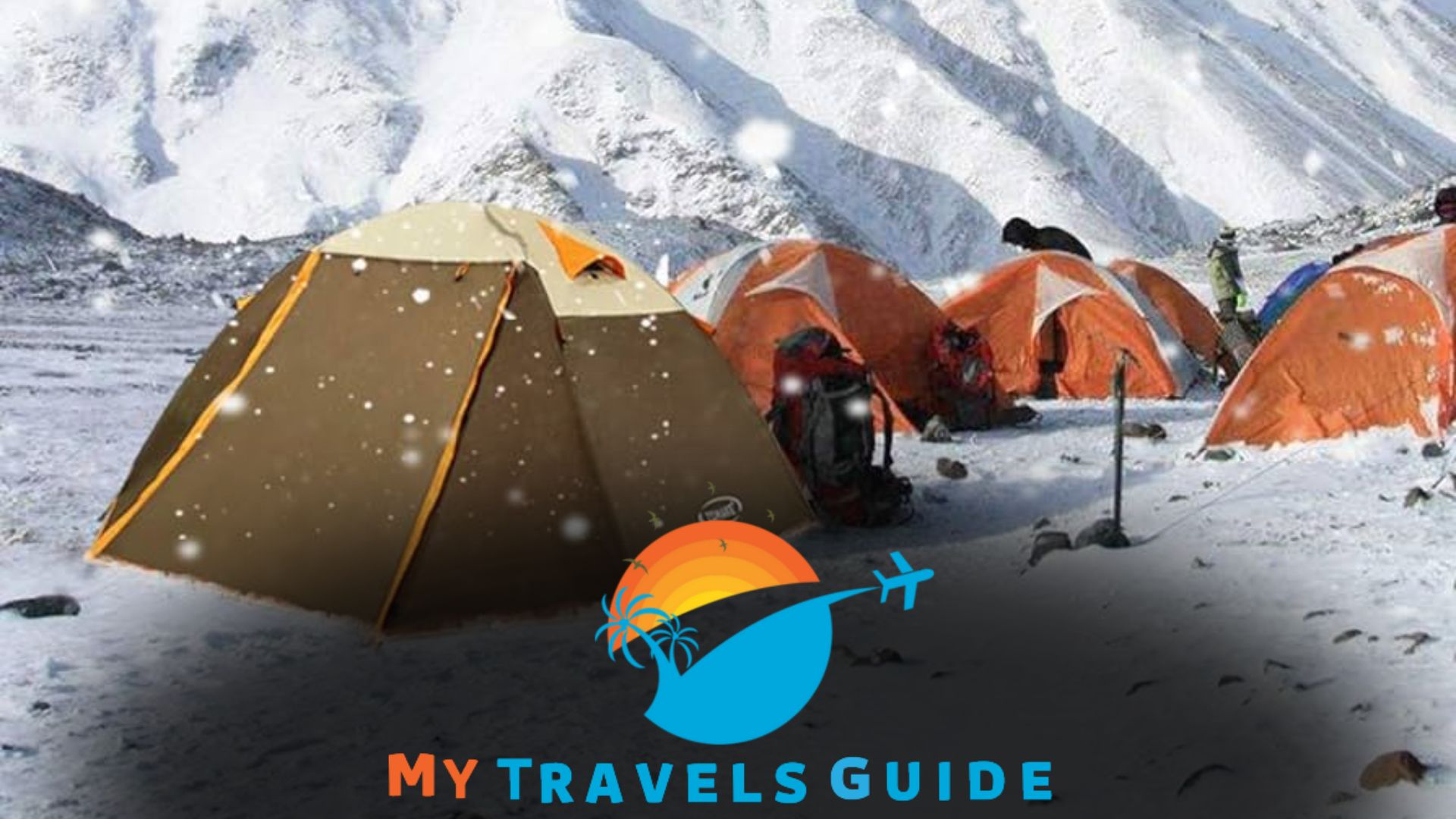In this article:
Camping is a popular outdoor activity enjoyed by individuals, families, and groups. When it comes to camping gear, one of the essential items is a tent.
Tents are available in various sizes, and choosing the right size that suits your needs is crucial. One common question arises whether a 4-person tent is too big for a solo camper.
In this article, we will explore the pros and cons of using a 4-person tent alone and provide insights to help you make an informed decision.
Understanding Tent Sizes and Capacities
Different Tent Sizes
Tents are typically categorized based on their sleeping capacity, ranging from 1-person to large family-sized tents.
The size rating indicates the number of people a tent can accommodate comfortably. However, it’s essential to note that the capacity mentioned doesn’t consider additional space for gear storage. While discussing the size of your tent, it’s crucial to explore effective strategies like how to keep your tent dry inside, ensuring a comfortable camping experience.
Factors to Consider
Several factors should be considered when choosing a tent size, such as extra space, gear storage, and comfort during sleep.
Personal preference and camping style also play a significant role in determining the ideal tent size.
Pros and Cons of Using a 4-Person Tent Alone
Advantages
Using a 4-person tent when camping alone has certain advantages. Firstly, it offers ample space for a single camper, allowing greater freedom of movement inside the tent.
The extra space can be utilized for storing gear, keeping it organized and easily accessible. Moreover, a larger tent provides enhanced comfort, allowing campers to spread out and sleep more comfortably.
Disadvantages
While a 4-person tent can provide additional space and comfort, a few disadvantages exist. One significant drawback is the increased weight and bulkiness of the tent, which can make it more challenging to transport, especially for backpacking or hiking trips.
Additionally, setting up and taking down a larger tent may require more time and effort.
Comfort and Space Considerations
Sleeping Area
Using a 4-person tent alone offers the advantage of a larger sleeping area. It allows you to stretch out comfortably, providing a more relaxed and restful sleep experience.
The extra space can also be utilized for storing personal belongings, such as a sleeping bag, clothes, and other camping gear.
A spacious sleeping area can contribute to a more enjoyable camping experience, allowing you to relax and unwind after a day of outdoor activities.
Gear Storage
One of the significant advantages of a 4-person tent for a solo camper is the additional space available for gear storage.
Camping often requires carrying equipment and supplies, including backpacks, cooking utensils, and extra clothing.
With a larger tent, you can keep your gear organized and easily accessible, reducing clutter and ensuring a more comfortable living space inside the tent.
Mobility and Portability
It’s important to consider the mobility and portability of a 4-person tent when camping alone. While the extra space benefits comfort and storage, larger tents are heavier and bulkier.
This can pose challenges, especially if you plan to hike or backpack to your campsite. It’s crucial to assess your physical ability and the terrain you’ll traverse to determine if the tent’s size is manageable for your solo adventures.
Weather Resistance and Durability
Stability in Windy Conditions
When camping alone, it’s vital to consider the tent’s stability, especially in windy conditions. A larger tent, like a 4-person tent, usually offers better stability due to its design and additional guy lines or support poles.
This can provide security and protect you from strong winds, ensuring a more comfortable camping experience.
Waterproofing and Rainfly
Weather conditions can be unpredictable, and having a tent that provides adequate protection from rain is essential. Many 4-person tents are designed with high-quality materials and come with rain flies, which are waterproof covers that help keep you dry during rainfall.
This added protection can be beneficial, ensuring you stay comfortable and dry inside the tent.
Set-Up and Assembly
Ease of Setup
One factor to consider when using a 4-person tent alone is the ease of setup and assembly. Larger tents often come with more poles and a more complex structure, which may require additional time and effort to set up.
However, tent design and technology advancements have made many 4-person tents easier to pitch, with color-coded poles and intuitive assembly systems.
Time and Effort
Solo campers should consider the time and effort required to set up and take down a larger tent. While it may take a bit longer compared to smaller tents, it’s essential to weigh the convenience and comfort provided by the additional space against the time investment required.
Practice and familiarity with the tent’s setup process can also reduce the time and effort needed.
Versatility and Future Use

Solo Camping vs. Group Camping
Another aspect to consider is how often you plan to camp alone versus with a group. If you frequently camp with friends or family members, a 4-person tent can serve dual purposes.
It can accommodate a larger group while still providing ample space and comfort when camping alone. A versatile tent that suits different camping scenarios can be a valuable investment.
Future Camping Plans
It’s important to consider your future camping plans and whether a 4-person tent aligns with your long-term goals.
If you anticipate camping with a partner or expanding your camping group in the future, a larger tent provides the flexibility to accommodate more people comfortably.
This foresight can save you from purchasing an additional tent later on.
Budget Considerations
Budget is a crucial factor for many campers when choosing camping gear. 4-person tents generally cost more than smaller ones due to their larger size and added features.
However, considering the long-term cost-effectiveness and versatility of a 4-person tent, it can be a worthwhile investment.
Instead of purchasing multiple tents for different camping scenarios, a 4-person tent can serve multiple purposes, saving you money in the long run.
Personal Preference and Camping Style
Personal space and privacy are two aspects to consider when deciding on a tent’s size. Some campers value having ample room to move around and appreciate the sense of privacy a larger tent provides.
If you enjoy having your personal space while camping alone, a 4-person tent can offer a more comfortable and secluded environment than a smaller tent.
Safety is paramount when camping alone, and understanding how to lock a tent from the inside can be a valuable skill, contributing to the overall security of your shelter.
Camping Experience
The camping experience plays a significant role in determining the ideal tent size. If you prefer a more spacious and luxurious camping experience, a 4-person tent can provide the comfort and room to create a cozy camping retreat.
On the other hand, if you enjoy a minimalist and lightweight camping experience, a smaller tent might be more suitable.
Conclusion
In conclusion, whether a 4-person tent is too big for one person depends on several factors. While it may have some disadvantages, such as increased weight and setup time, using a 4-person tent alone offers numerous advantages in comfort, space, and versatility.
It provides ample room for sleeping and gear storage, enhanced stability, and weather resistance. Additionally, a larger tent can accommodate future camping plans and provide a sense of personal space and privacy.
Ultimately, the decision should be based on personal preferences, camping style, and individual needs. Assessing factors like mobility, budget, and camping goals will help determine if a 4-person tent is the right choice for solo camping adventures.
FAQs
Can a 4-person Tent Be Used for Backpacking Alone?
While a 4-person tent may not be the most suitable option for backpacking due to its size and weight, it can still be used if you prioritize comfort over ultralight gear. Consider the terrain, distance, and physical capabilities before deciding on a tent for backpacking.
Will a 4-person Tent Be Too Heavy to Carry Alone?
4-person tents are generally heavier compared to smaller tents. If weight is a concern, you may opt for a lighter tent for solo camping. However, if you prioritize space and comfort, you can manage the weight with proper packing techniques and physical preparation.
Is It Possible to Use a 4-person Tent in Extreme Weather Conditions?
Many 4-person tents are designed to withstand various weather conditions. However, it’s crucial to check the tent’s specifications and choose a model that offers good stability, wind resistance, and waterproofing. It’s also essential to properly stake and guy out the tent to ensure its stability in extreme weather.
Can a Single Person Comfortably Sleep in a 4-person Tent?
Absolutely! A single person can enjoy the spaciousness and comfort of a 4-person tent. The extra space allows for better movement, storage, and a more enjoyable sleep experience.
What Are the Alternative Options for Solo Campers?
If a 4-person tent doesn’t align with your needs, alternative options for solo campers include 1-person or 2-person tents. These smaller tents are typically lighter, easier to set up, and more suitable for solo camping adventures.










